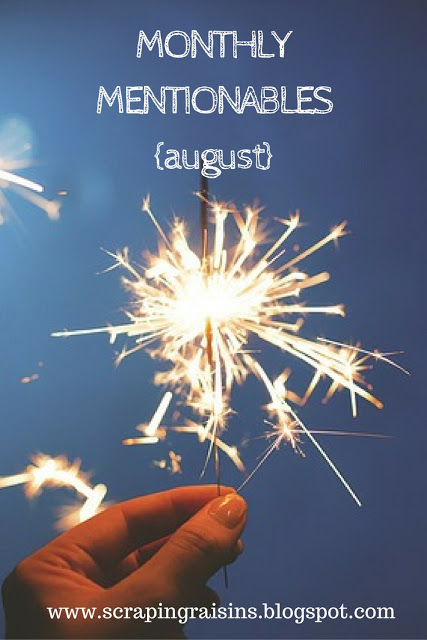I roamed my shelves and wandered back into my blog archives to share some of my favorite books on simplicity. Do you have any favorites?
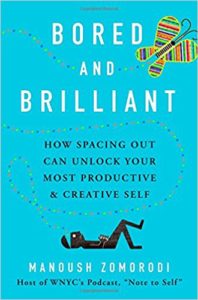 Bored and Brilliant: How Spacing Out Can Unlock Your Most Productive and Creative Self
Bored and Brilliant: How Spacing Out Can Unlock Your Most Productive and Creative Self
If you’re looking for a book that will give you more reasons to slow down and put away your phone, then this one gives you plenty. Written by a thoughtful journalist, the book is well-researched, clearly written and very practical. I’ve enjoyed the company as I’ve been doing my Smartphone fast this month (and it has given me lots of reasons why stepping away from the constant connection is a good idea!).
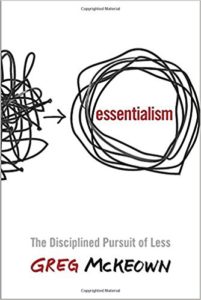 Essentialism: The Disciplined Pursuit of Less
Essentialism: The Disciplined Pursuit of Less
This was a fabulous book, even though I found it very male-centric and focused more on people in the corporate world than in the creative world. That said, it was definitely applicable to anyone with a pulse in their body pushing them to live their best life. It was a quick read and challenged me to say no more often and prioritize how I spend my time (which is always a good thing).
We all know we shouldn’t be helicopter parents, but this book gives us permission to relax and let our kids be kids. If you need a book that will not add rules or guilt, then this is a wonderful book for “simplifying” your parenting.
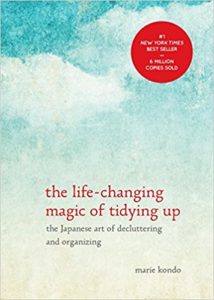 The Life Changing Magic of Tidying Up
The Life Changing Magic of Tidying Up
For all my thoughts on this very popular little book, you can check out my review here, but for as much as I had some qualms about it, I would still recommend reading it if you need some inspiration to purge!
From my review: “This book is a practical how-to book for the minimalist novice looking to explore the benefits of a simpler lifestyle. As I already agreed with Becker’s concepts of minimalism at the outset, I didn’t need a lot of convincing and personally found the first half of the book to be purely common sense. But the second half of the book offered so much practical advice on how to actually incorporate minimalist ideas into the average American’s life that I found it to be a gem in the midst of so many books now available on this current trend.”
From my review: “This book will not add to your to do list. It will not heap on guilt about all the ways you are not doing enough, teaching enough, or being enough of a godly woman for your children. It will not tell you how to discipline, potty train or feed your child in ten easy steps. Instead, this book will prove to you that you are already living a holy life through simply being a mother. That perhaps God intended all along to intersect with you in these small, seemingly insignificant moments in time that make up the life of a mother.”
From Amazon: “With too much stuff, too many choices, and too little time, children can become anxious, have trouble with friends and school, or even be diagnosed with behavioral problems … Kim John Payne helps parents reclaim for their children the space and freedom that all kids need for their attention to deepen and their individuality to flourish.”
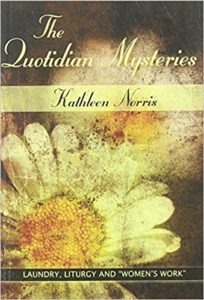 The Quotidian Mysteries: Laundry, Liturgy & ‘Women’s Work’
The Quotidian Mysteries: Laundry, Liturgy & ‘Women’s Work’
This was a quick read Norris aids the reader in extracting spiritual meaning from menial chores and simple daily living through monastic practices. She says: “We want life to have meaning, we want fulfillment, healing and even ecstasy, but the human paradox is that we find these things by starting where we are, not where we wish we were.” And another quote that summarizes her ideas is: “I have come to believe that the true mystics of the quotidian are not those who contemplate holiness in isolation, reaching godlike illumination in serene silence, but those who manage to find God in a life filled with noise, the demands of other people and relentless daily duties that can consume the self.”
This book has my heart. The pictures, the beautiful words about simplifying hospitality and the cross-cultural portraits are my heartbeat. If you’re looking for a coffee table book that also has substance, I would highly recommend finding a copy of Wabi-Sabi Welcome.
Stay tuned for a proper review on this book, but for now, know that I highly recommend it if you love well-written memoirs that challenge you to live, think and be differently in the world. (Plus, it has fabulous reviews on Amazon!)
***
 Thank you for meeting me here in this space. The theme for March is “Simplify,” so you can start here to read posts you may have missed. If you are a writer or just a person with words burning in your soul and are interested in guest posting, email me at scrapingraisins@ gmail (dot) com. Our theme for next month (April) is “books and writing.” I’m looking for personal stories on this theme in the 500-1000 word range. If you haven’t yet, be sure you sign up for my mid-month and monthly secret newsletter for the latest posts and even some news, discount codes and book giveaway information that only Scraping Raisins subscribers get!
Thank you for meeting me here in this space. The theme for March is “Simplify,” so you can start here to read posts you may have missed. If you are a writer or just a person with words burning in your soul and are interested in guest posting, email me at scrapingraisins@ gmail (dot) com. Our theme for next month (April) is “books and writing.” I’m looking for personal stories on this theme in the 500-1000 word range. If you haven’t yet, be sure you sign up for my mid-month and monthly secret newsletter for the latest posts and even some news, discount codes and book giveaway information that only Scraping Raisins subscribers get!
Sign up for the Mid-month Digest and Secret Newsletter Here:
**Contains Amazon affiliate links

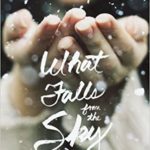
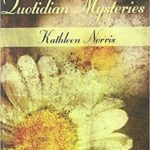
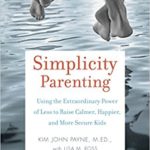
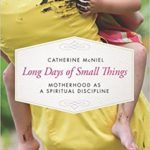
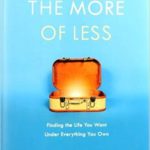
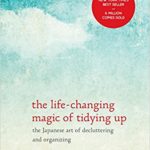
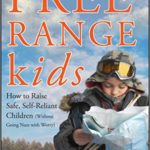
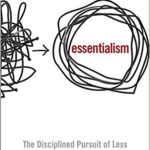
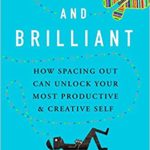
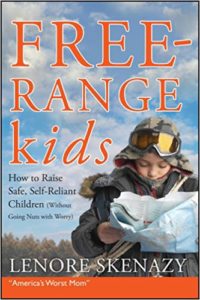 Free Range Kids
Free Range Kids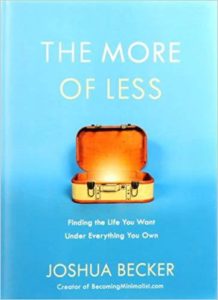 The More of Less
The More of Less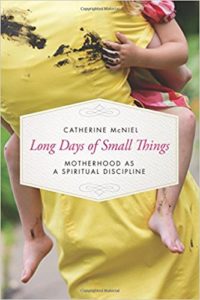 Long Days of Small Things
Long Days of Small Things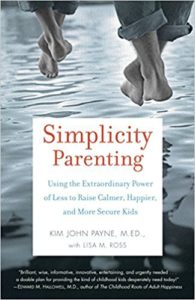
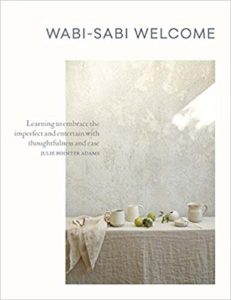
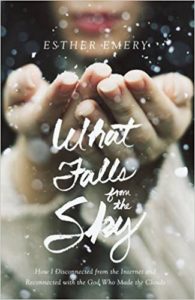
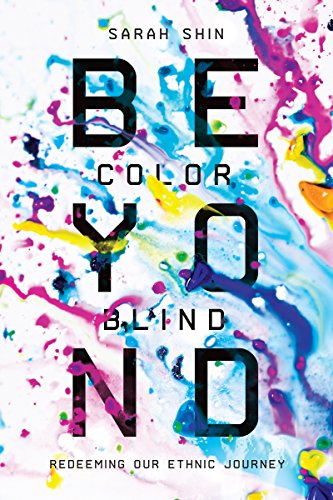
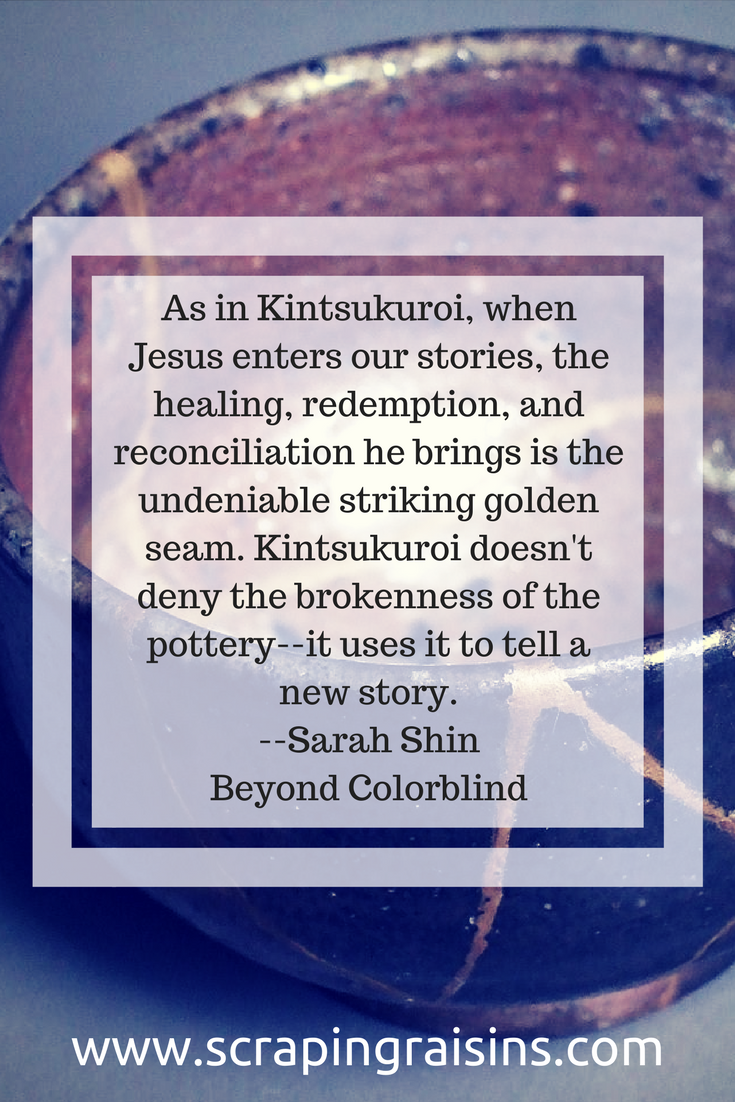
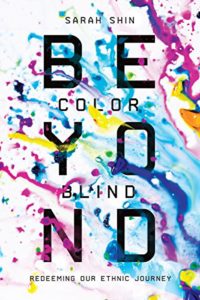 Sign up for the Scraping Raisins newsletter by February 28th and be entered to win a copy of
Sign up for the Scraping Raisins newsletter by February 28th and be entered to win a copy of  This month we’re discussing racism, privilege and bridge building. If you’d like to guest post on this topic, please email me at scrapingraisins(dot)gmail(dot)com. Yes, this is awkward and fraught with the potential for missteps, blunders and embarrassing moments, but it’s necessary. Join me?
This month we’re discussing racism, privilege and bridge building. If you’d like to guest post on this topic, please email me at scrapingraisins(dot)gmail(dot)com. Yes, this is awkward and fraught with the potential for missteps, blunders and embarrassing moments, but it’s necessary. Join me? 
 is week, I’m giving away two free hardback copies of A Voice Becoming.
is week, I’m giving away two free hardback copies of A Voice Becoming.







 Ruth Chan. I must have read this book 20 times in one week, my children liked it so much. It is the clever story of a little cat who walks around town, inviting his friends to his party. What he doesn’t realize is that they are preparing a surprise for him.
Ruth Chan. I must have read this book 20 times in one week, my children liked it so much. It is the clever story of a little cat who walks around town, inviting his friends to his party. What he doesn’t realize is that they are preparing a surprise for him.










